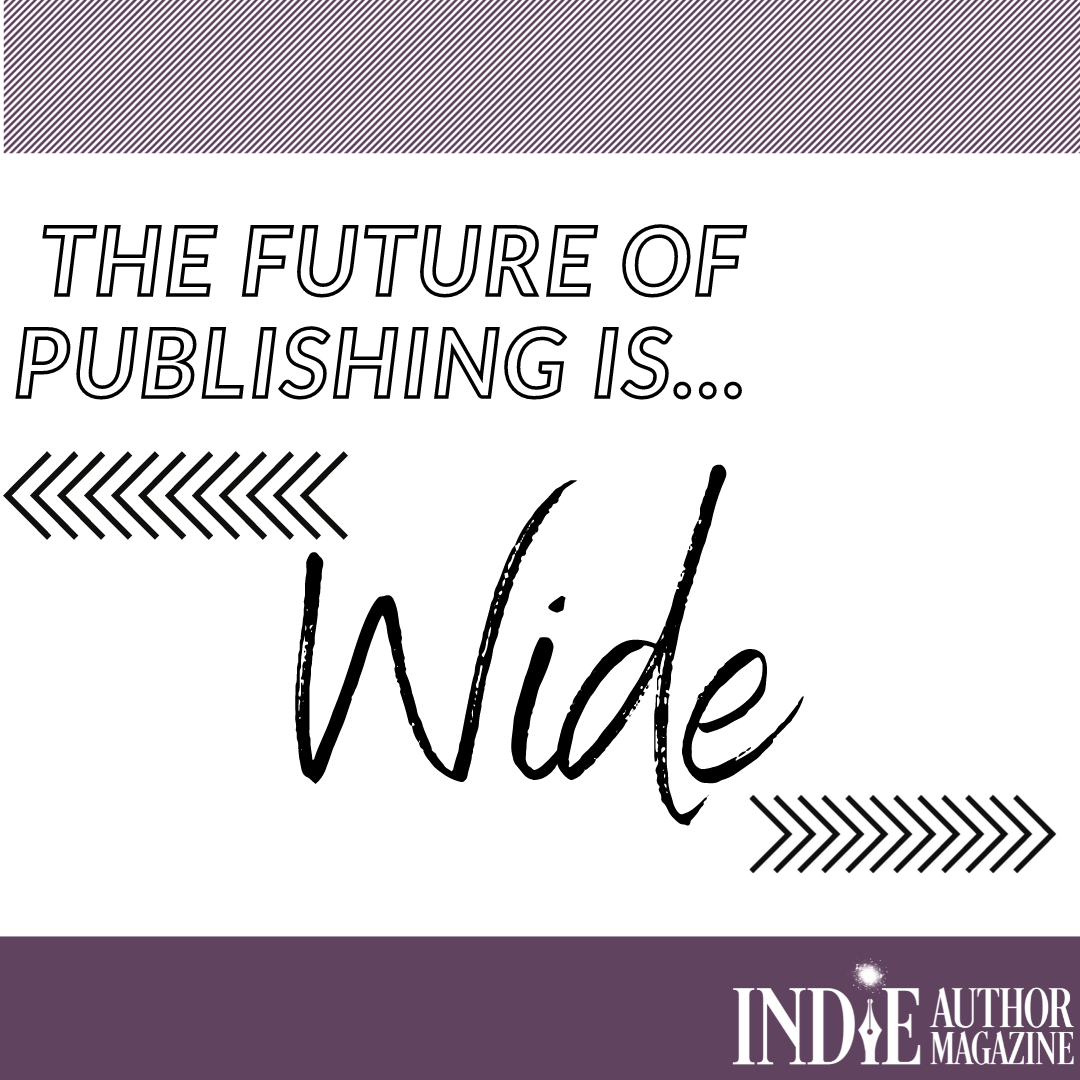Since Amazon launched the earliest version of Kindle Direct Publishing (KDP) in 2007, the business giant—which controls an estimated 50 percent or more of the online retail market in the US already—has maintained an unwavering influence over the self-publishing industry.
Sixteen years later, Amazon boasts 85 percent of the book market share, with Apple Books in a distant second place with only 10 percent, according to Kindlepreneur. Amazon’s royalty split with authors has also remained relatively unchanged—in 2010, the original offer of 35 percent royalties to authors for any book published with the program increased to 70 percent given an author met specific conditions, but since then has stayed the same.
Amazon’s control over the market, with its international reach and household name, is a boon to many in indie publishing, particularly in certain genres. But others feel the company has too much power over the industry, with little to no safeguards in place for authors when policies change or problems arise. Fantasy author Brandon Sanderson, in a July 2023 interview with YouTuber SAVY WRITES BOOKS, said Amazon’s lack of competition and the company’s overall size make it difficult for those using its platform to influence any change when it’s needed. “If you compare one of the bestselling authors in the world to Amazon, I’m just such a small fry, I’m barely even worth noticing,” he said. And if Amazon were to suffer financially in the future, many worry authors whose careers are built exclusively on the platform may suffer with it.
For authors like Sanderson, however, wide publishing—publishing across multiple retailers, including through direct outlets—offers a potential path forward, with more freedom and business security if one retailer starts to suffer.
“We've been in a time of great upheaval in the book market with so many opportunities for indie authors over the past decade,” writes author Dan Wood. As time goes on and distribution strategies shift, it’s possible the definition of “wide publishing” will shift with it to include new formats or distribution models, he writes. Other authors agree, and still others say those who distribute exclusively through one platform will likely continue to see success through their own strategies as well. Even as time goes on, the debate is unlikely to resolve entirely. But even without a definitive “winner” and “loser,” as wide publishing continues to expand in definition and grow in popularity, the competition it sparks among retailers may broaden horizons for indie authors everywhere.
As KU rates continue to plummet, more and more authors are scrambling to gain a “wide” footing. For me, “wide” has always meant “worldwide.” I tend to favor Kindle Unlimited as I learn a new market or genre, but then move away from the program once I have a solid handle and am ready to learn more and expand to broader audiences. KU keeps me lean and flexible when I may be testing covers, blurbs, and other aspects of branding. I also use their price promotion tools heavily to attract readers when I find myself in a brand new genre or market. It’s always a short game for me though. The long game greatly favors diversification—whether by country, retailer, or even pen name. The more levers I have in my author business, the more I can control where I want/need it to take me.

Melissa Storm
I think the biggest change is that wide will be the default, and we're not going to think about it as if it's wide vs. KU but this is publishing. This is actually what we are supposed to be. We're supposed to think of ourselves as wide authors first by default.

Michael Evans
Wide still means "not in KU," but it has shifted from opening up sales on the other retailers to enabling authors to direct sell via systems like Kickstarter, Indiegogo, their own sites, and via co-ops.

Malorie Cooper
[Wide is] necessary. Putting all your eggs in one basket in the current state of publishing is scary. People are more loyal to brands and even authors currently, hence why so many social media platforms are incentivizing influencers. This is making them more loyal as well to where they shop. Authors not having their books available everywhere, especially on their own website, are losing those who are more loyal to convenience than themselves. Some people buy books anywhere; some buy in particular places. You need to be available to all. Diversification is often more helpful than detrimental.
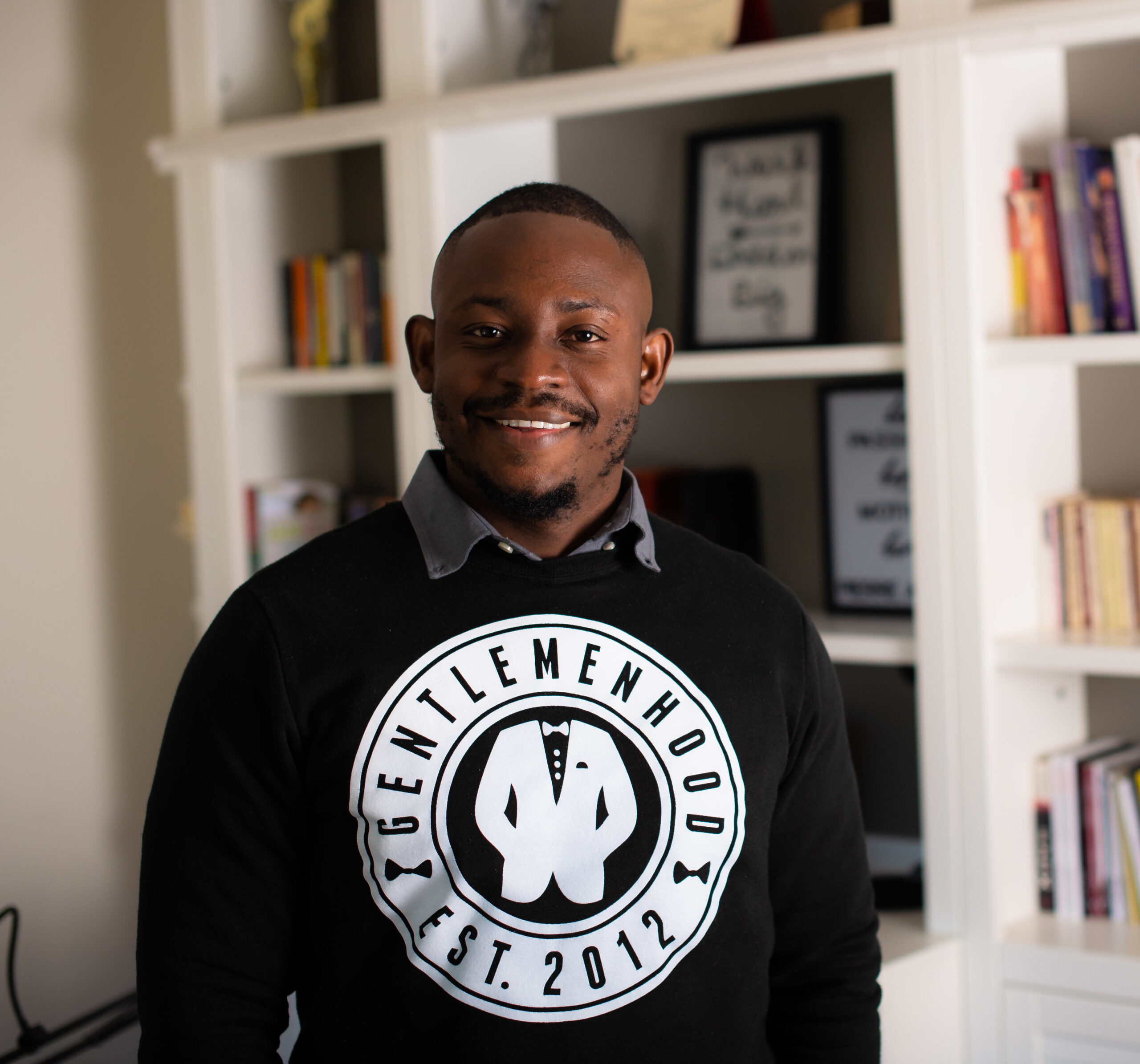
Pierre Jeanty
As authors can establish themselves on stores other than Amazon, they will help the business of writing flourish in areas other than the markets Amazon has a hold on.
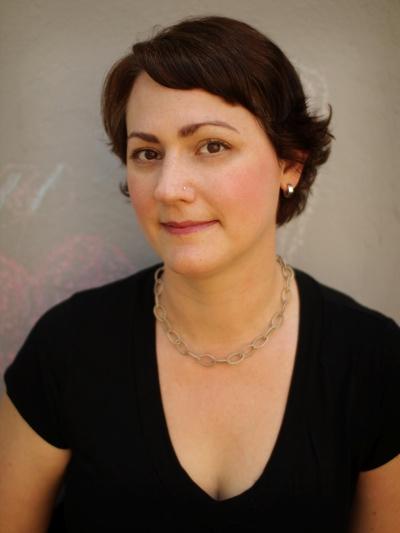
S. J. Pajonas
While Amazon's exclusive Kindle Unlimited platform has been great for a lot of authors, it's also a magnet for scammers and people who just want to make a quick buck. That is only going to accelerate as the AI tools that are coming online start to really ramp up. I don't know how much the other platforms like Apple, Google, and Kobo will play into the mix, but being able to reach your audience directly will only grow in importance. Having your own reader list and learning how to reach those readers directly will be the key to long-term author success.

Damon Courtney
I like to try new things. I don't like to be pigeonholed in anything. So I like publishing non-exclusively. And "non-exclusively" means not with one platform, not with one publisher. I don't want traditional publishing. If I did that, it wouldn't be the only thing that I did. The world is changing so fast that if you hold yourself narrowly, you're gonna miss so many opportunities and readers and ways to get your stories out there.

Ines Johnson
As someone who went wide at the turn of the decade, during the pandemic, I can't tell you what an anxiety balm it's been to have a diversified portfolio in these ever-changing times. But I was a huge fan of KU when I could only write and didn't have much time to attend to admin. It was and continues to be an individual decision best made by the author, themself, with a clear sense of their long-term goals and where they are in their career.
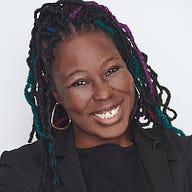
Theodora Taylor
Publishing wide can mean so many things—different retailers, different distribution channels, different formats, different languages. For a long time, authors have been tied to one exclusivity program with one retailer and all the knowledge and training have been about that one publishing avenue. As authors go wide, they'll see that there are many places and opportunities to be successful. The industry as a whole will grow, and more authors will find ways to make a living doing what they love. Wide is only going to grow until "publishing wide" just becomes "publishing." Authors are gaining greater control over their businesses and forging their own path through both wide and direct sales, based on their strengths.
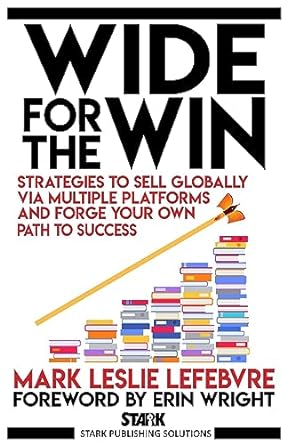
Wide for the Win
Non-Amazon e-book retailers have been losing market share slowly for the past decade; I don’t see that reversing. However, other forms of selling books are beginning to boom. I’m talking about subscriptions, Kickstarter, and direct sales, of course. I see these sorts of things as “the new wide!”

Kevin McLaughlin
"Wide" distribution is really a misnomer meant to convey non-exclusivity to the dominant retailer. In reality, "wide" authors sell to just three to five relevant customers, or retailers, rather than just one. Both situations are quite risky and leave authors with relatively little control over their career growth. Authors also have very little knowledge of who their customers actually are because that information isn't shared by retailers. As more authors learn how to sell directly to their readers, bypassing the retailers altogether, Amazon exclusivity may become less popular. ... "Wide" just means wholesaling to more than one distributor. I think many authors have experienced the serious drawbacks associated with purely wholesale channels.

Steve Pieper
We've been in a time of great upheaval in the book market with so many opportunities for indie authors over the past decade. As authors begin to take a longer view of their careers, I am confident they will recognize the long-term value of library discoverability in building lifelong fans and reject options that prohibit that. Beyond that, wide publishing will continue to grow as more retailers and subscription services enter the market and as new tools enable authors to sell directly to their most dedicated fans.

Dan Wood
The definition of wide to me has always meant way more than the simple debate of Kindle Unlimited vs. the other four or five major retailers. Publishing wide to me has always included numerous opportunities available to writers beyond just the indie author sphere. That includes traditional publishing, but it also includes opportunities for writers that come up via various social and digital media.

Mark Leslie Lefebvre
For more than a decade now, I have fought with writers old and new about relying solely upon Amazon. I’ve written blog after blog recommending that writers go wide, and yet many writers never listen. Most of them give me the same song and dance: Amazon is the biggest retailer in the world. It’ll never go away. I have not gone back in my blogs to see when I started writing about going wide. I do know that I actually used the picture of eggs in a basket several years ago to encourage writers to go wide. And if you look at any of those old blogs, particularly from 2011 or 2012, you’ll see the kinds of statements I mentioned above littering my comment field. I kept saying that someday Amazon will change, and that change will hurt writers, particularly those who tie their entire writing career to Amazon. The writers who have gone exclusive through Amazon via Select are really going to be in trouble. And the trouble has already started.
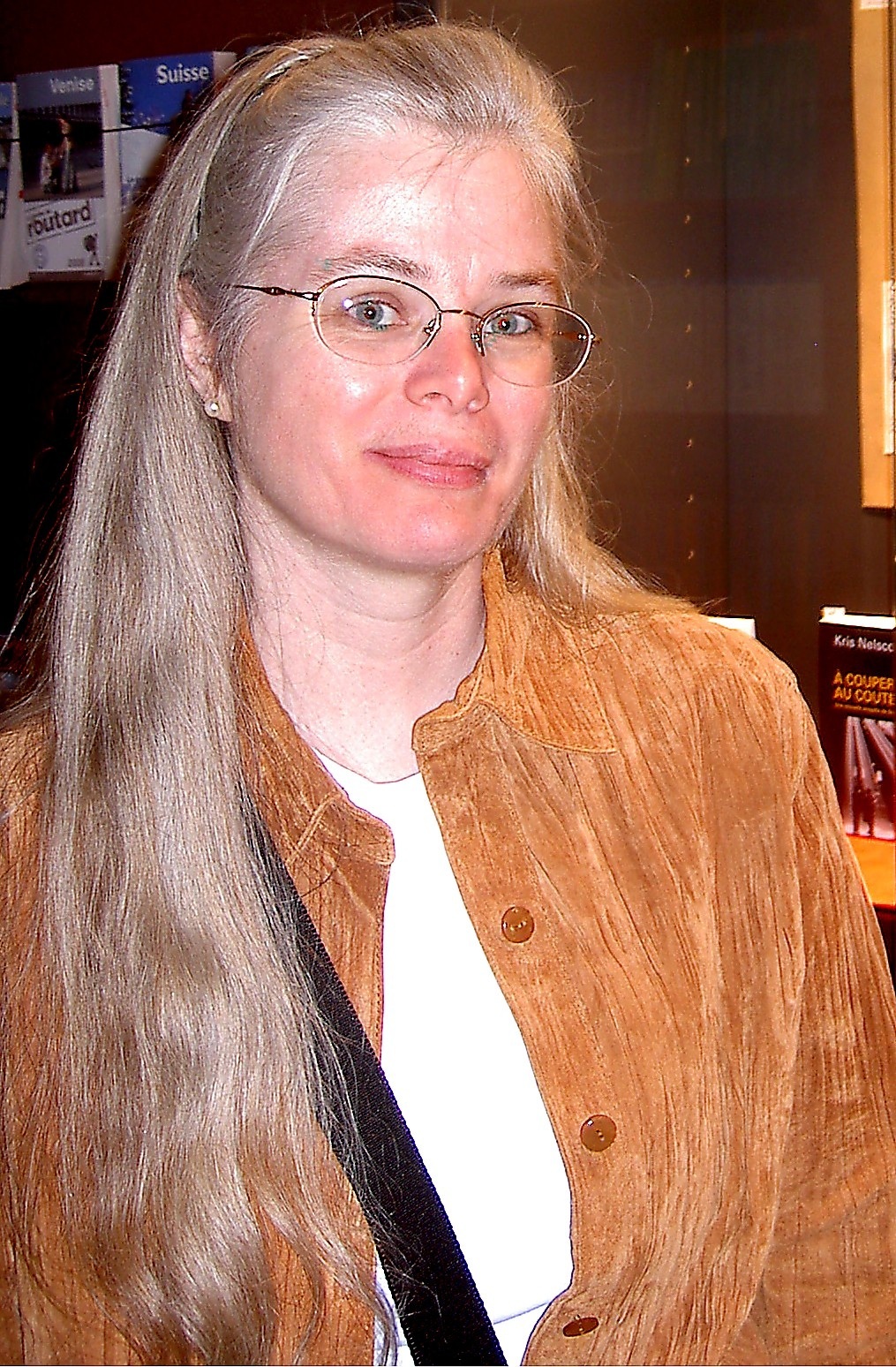
Kristine Kathryn Rusch from a May 2023 blog post on her craft blog, kriswrites.com
[Wide] is everything. Going with only one store with exclusive rights is just bad business. Go with as many stores around the world as you can get into.

Dean Wesley Smith
[We were] in Amazon up until the end of last year when we decided to go wide from our website. Sometimes I think the market isn't ready for what we're doing. There's sometimes changes in the marketplace that make it a little bit more hospitable for when the time is right.

Jonathan Yanez
I don't subscribe to the idea of exclusive versus wide. It focuses too much on such a narrow sliver of your intellectual property's potential. The question should be: How do I make my IP work the hardest and smartest for me and my family? Sure, exclusive vs. wide is an important question for many and going wide can be a great tactic. But don't mistake tactics for strategy. Exclusive vs. wide is such a small part of the bigger picture that if you put it on a pie chart of potential, you wouldn't even see it.

